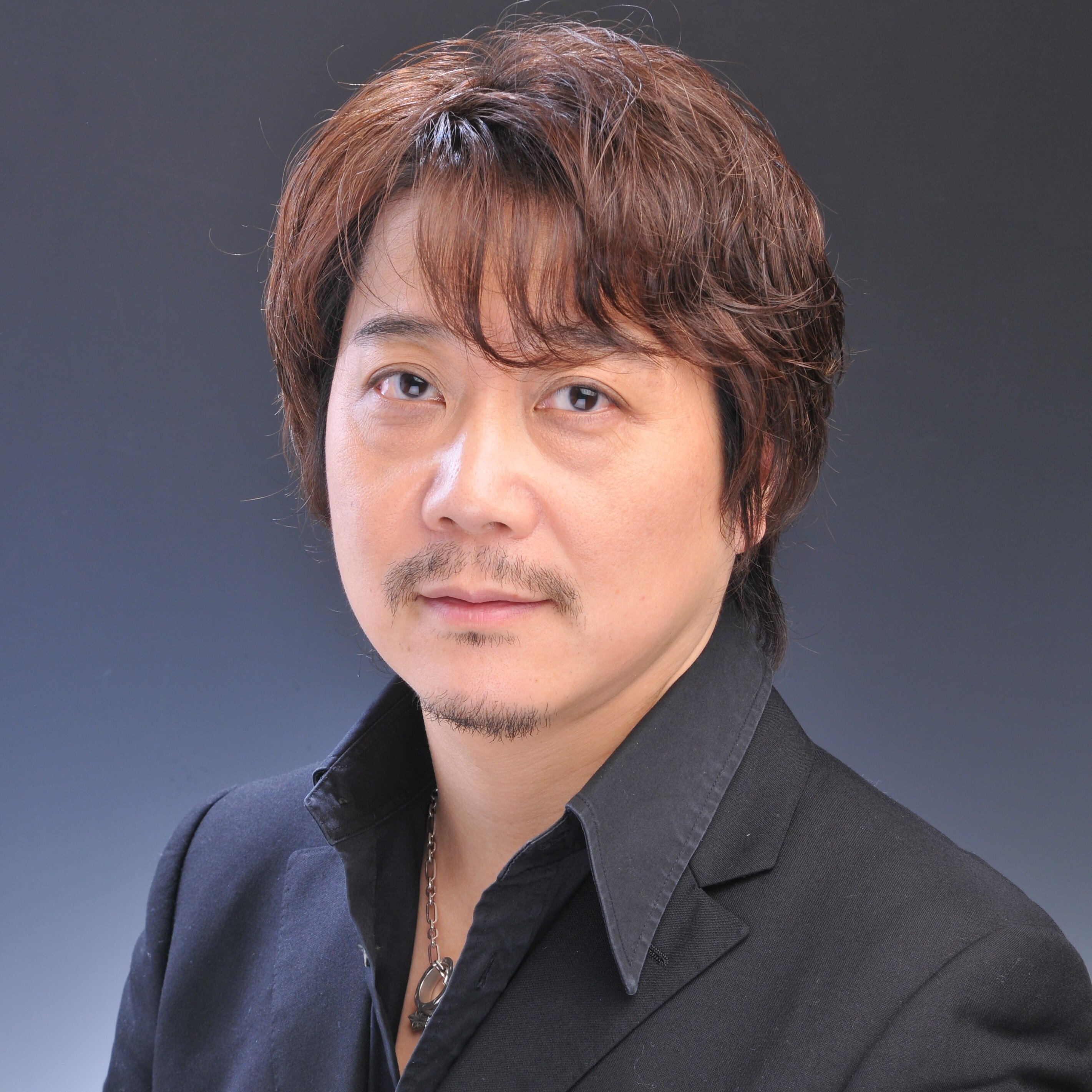「JASRAC音楽文化賞」は、売上や利用実績などの数字には表れない地道な活動を行っている個人・団体・作品等に光をあて、音楽文化の発展に寄与した功績を称え顕彰することにより、今後の活動への励みとしていただくことを願い、2014年11月に創設されました。
第6回の受賞者は次の方々に決定し、2019年11月18日、都内で行われた贈呈式にて表彰盾と副賞が贈られました。
<第6回JASRAC音楽文化賞 受賞者>
・しまむら かずお 様
・濱田 芳通 様
・平井 滿 様
しまむら かずお 様
顕彰理由
市の職員として社会教育・福祉の仕事に携わる一方で、アマチュアバンドでの活動、市民公募によるミュージカル劇団の旗揚げ等により、一市民の立場から音楽の楽しさを幅広く地域に広げた。さまざまな偏見、差別の解消を目的とした啓発コンサートを県内外で巡演し、市を定年退職後も、被災地の子どもたちに楽器を届ける活動、関連する公演、がん患者を励ますチャリティーイベントのテーマソングの創作など、社会派のシンガー・ソングライターとして活動している。
受賞者コメント
四国の一公務員の活動に着目していただきありがとうございます。未来ある子どもたち、元気でいてほしいお年寄りや困難に立ち向かっている人たちと一緒に、これからも音楽の楽しさを広げていきたいと思います。
略歴・実績
1949年、福岡県久留米市生まれ。1968年、高知市役所に就職し、青少年育成、社会教育、同和対策などを担当。1977年、社会人音楽集団「ぐうぴいぱあ」を結成し、アルバム2枚を発表。1985年、龍馬音楽祭で自作の『RYOMAサンバ』が「龍馬のうた大賞」を受賞。1989年、公募で市民100人が参加した「ミュージカルRYOMA」公演で座長・楽曲プロデューサーを務めた。1992年以降、人権問題の解消を目的としたコンサート、ミュージカル等の運営に尽力。東日本大震災後、「一滴の会」を立ち上げて、東北3県に計33台のピアノを届けた。公益財団法人日本対がん協会が各地域と主催するイベントのテーマソングも手掛けた。
濱田 芳通 様
顕彰理由
バロック音楽をはじめ、一般にはあまり知られていないルネサンス期や中世の音楽、さらに日本の戦国時代に伝来した南蛮音楽など、「古楽」とも呼ばれるジャンルに光を当て、その本来の魅力を現代に蘇らせる活動を続けている。自らが主宰する古楽アンサンブルでの公演、アニメ音楽の制作、テレビ番組への出演、著作のほか、バロック・オペラや数々の音楽祭での音楽監督、指揮など、その活動は多岐にわたる。本年8月、古楽の祭典「ダ・ヴィンチ音楽祭」を成功させた。
受賞者コメント
中世ルネサンス期の著作権が消滅している作品を演奏しているため、受賞の連絡に驚きました。自分の活動が社会に貢献していると認めてもらえることがこんなにうれしいこととは思いませんでした。ありがとうございました。
略歴・実績
日本で初めての私立音楽大学である東洋音楽学校(現・東京音楽大学)の創立者を曾祖父に持ち、音楽一家の4代目として東京に生まれた。桐朋学園大学古楽器科卒業後、スイス政府給費留学生としてバーゼル・スコラ・カントルムに留学。ヨーロッパ各地でコンチェルト・パラティーノほか、多数の公演、CD録音に参加した。帰国後は、東京藝術大学、東京二期会等で講師を歴任する一方、古楽アンサンブル「アントネッロ」を結成。オペラ創成期の作品を中心に上演するプロジェクト<オペラ・フレスカ>を立ち上げ、G.カッチーニ作曲オペラ「エウリディーチェ」本邦初演、本年8月にはレオナルド・ダ・ヴィンチが関わったとされる舞台作品「オルフェオ物語」を蘇演するなど、精力的な活動を行っている。
平井 滿 様
顕彰理由
高校教員時代から一流のクラシック音楽家を招くサロンコンサートを、税金に頼ることなく、手作りで30年、400回近く企画・運営している。高校を定年退職後、その情熱と手腕を公共ホールでの公演にも発揮し、音楽ファンの期待に応える演奏会を市民の身近で実現できるよう腐心し、成功している。音楽愛好家や規模の小さい市民団体が良質の演奏会を継続できる秘訣、また課題等を収めた書籍を著すなど、地方で苦労する民間のクラシック公演主催者の支援にも努めている。
受賞者コメント
室内楽コンサートの開催にはお金がかかりますが、工夫すれば税金に頼らずに開催できると信じ、試行錯誤を繰り返しながら30年がたちました。今回の受賞を励みにこれからも活動を続けていきたいと思います。
略歴・実績
1949年、横浜生まれ。東洋大学大学院修士課程修了、湘南学園中学・高等学校に社会科の教員として着任。知己の指揮者、渡邉暁雄氏の告別式の帰り道、知人からの要請を機に1990年、「鵠沼室内楽愛好会」の設立に参加。教職に勤しむ傍ら、「室内楽本来のスペースで一流の演奏を味わう」ことのできるサロンコンサート運営に努めるとともに、2010年の定年退職を機に「横浜楽友会」代表、2011年、「海老名楽友協会」の立ち上げに参加するなど、公共ホールでの音楽プロデュースにも着手。2017年には共著により「クラシックコンサートをつくる。つづける。」を発刊した。
第6回JASRAC音楽文化賞選考委員(報道社名五十音順)
山口 進 氏(朝日新聞東京本社 文化くらし報道部 部長)
加藤義久 氏(共同通信社編集局文化部 部長)
吉田俊宏 氏(日本経済新聞社 編集局文化部 編集委員)
西川龍一 氏(日本放送協会 放送総局解説委員室 解説委員)
西田 浩 氏(読売新聞東京本社 編集局文化部 編集委員)
推薦協力
一般社団法人 日本新聞協会
 2019年11月18日、都内で行われた贈呈式での集合写真
2019年11月18日、都内で行われた贈呈式での集合写真




